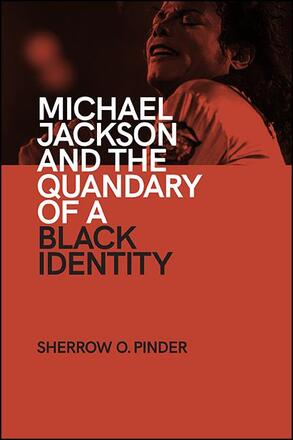
Michael Jackson and the Quandary of a Black Identity
Alternative formats available from:
A close examination of the complexity inherent in Michael Jackson's ambiguous racial identity.
Description
In Michael Jackson and the Quandary of a Black Identity, Sherrow O. Pinder explores the ways in which the late singer's racial identification process problematizes conceptualizations of race and the presentation of blackness that reduces blacks to a bodily mark. Pinder is particularly interested in how Michael Jackson simultaneously performs his racial identity and posits it against strict binary racial definitions, neither black nor white. While Jackson's self-fashioning deconstructs and challenges the corporeal notions of "natural bodies" and fixed identities, negative readings of the King of Pop fuel epithets such as "weird" or "freak," subjecting him to a form of antagonism that denies the black body its self-determination. Thus, for Jackson, racial identification becomes a deeply ambivalent process, which leads to the fragmentation of his identity into plural identities. Pinder shows how Jackson as a racialized subject is discursively confined to a "third space," a liminal space of ambivalence.
Sherrow O. Pinder is Professor of Political Science and Multicultural and Gender Studies at California State University, Chico. She has published several books, including Black Political Thought: From David Walker to the Present.
Reviews
"This book offers a profound analysis of the psychological damage imposed on African Americans by the United States, which operates as a black-phobic society. With its clear and sharp formulations, the problem becomes evident and solvable. Reading it, I wanted to go back and teach again—finally, I would have had a text that I could identify with on all levels." — Thelma M. Pinto, former Co-Director of the Africana Studies Program, Hobart and William Smith Colleges
"This is a well-crafted study of the complexity of 'the racialized body' and the endurance of the frozen and oppressive nature of the epistemic, social, political, economic, and cultural confinements of blacks in the United States into restricted spaces, whether imaginary or physical. Pinder examines all these dynamics through the ways in which Michael Jackson, the iconic pop singer, has been perceived in American society and culture both during and after his lifetime."— Babacar M'Baye, author of Black Cosmopolitanism and Anticolonialism: Pivotal Moments